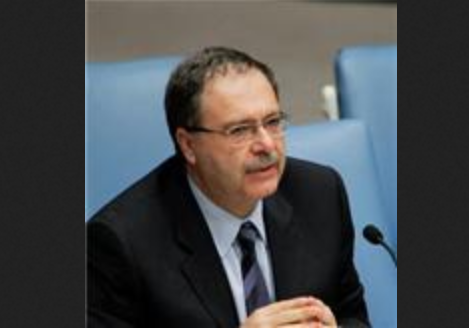The following is the text of the address given by the Special Representative of the UN Secretary-General for Libya (SRSG), Tarek Mitri, to the UN Security Council on Monday 9th June:
Mr. President, Esteemed Members of the Security Council,
1. There is a continuing sense of concern, among the Libyan people regarding the prospect of a protracted conflict. The crisis which has dominated the political scene for the past few months poses a threat to their country’s political transition.
2. Following a decision by the General National Congress to endorse a new cabinet of Ahmed Meiteeg on 26 May, the government of Abdallah al-Thnni acting as caretaker, refused to hand over power citing procedural irregularities. This morning, Libya's Supreme Court ruled that the election of Mr Meiteeg was unconstitutional, opening a way out of the institutional crisis. The need to respect this ruling should be affirmed. The initial reaction in Tripoli to the court ruling is positive – the Second Deputy President of the Congress, Salih Makhzoum, and Meiteeg himself both announced separately that they will comply with the decision.
3. Also, the past few weeks witnessed significant security developments. Foremost among these has been the move by retired General Khalifa Haftar in mid-May to mobilise some units of the Libyan National Army, as well as other tribally-affiliated armed groups, against groups he has labelled as terrorist and blamed for much of the violence and targeted assassinations in Benghazi and other areas of eastern Libya.
4. The military operation, dubbed ‘Operation Libya Dignity’, elicited some expressions of support. But there are also those who accuse General Haftar of seeking to unseat the legitimately elected institutions of the state, and using the threat of terrorism as a pretext to staging what they called to be a “coup d’Etat”.
5. In previous briefings to you, I could not understate the risks of growing dangerous security void in Libya. Hundreds of Libyan citizens, mainly security personnel but also judges, journalists and other civilians, have been victims of a systematic and unrelenting campaign of targeted assassinations and other acts of aggression.





